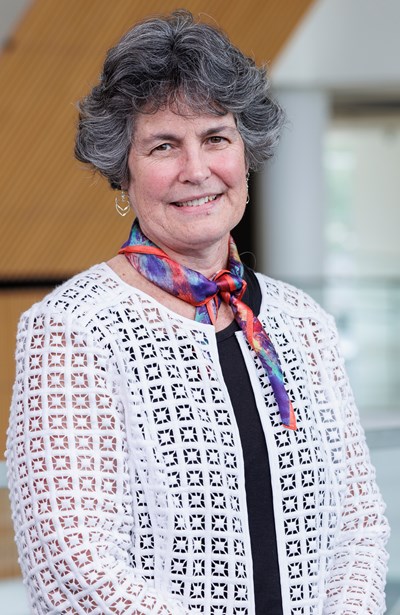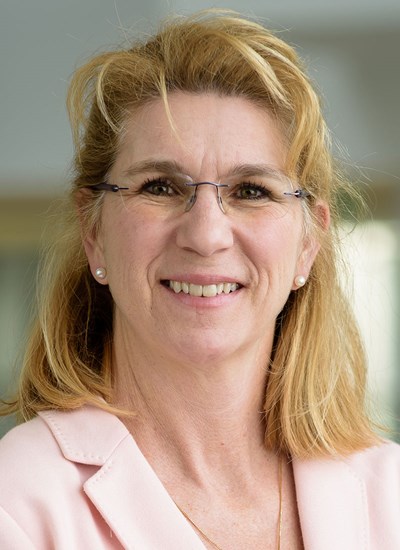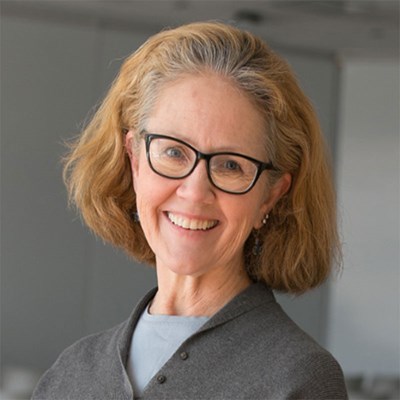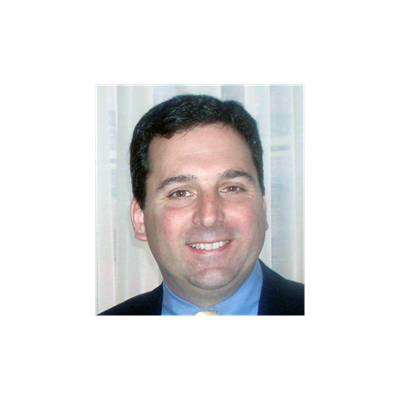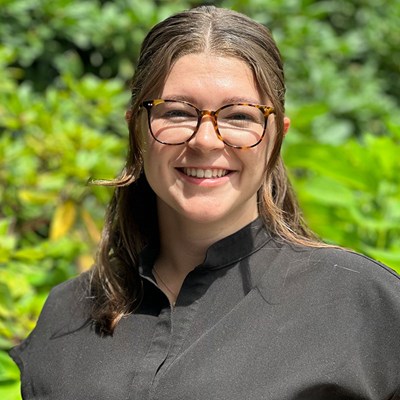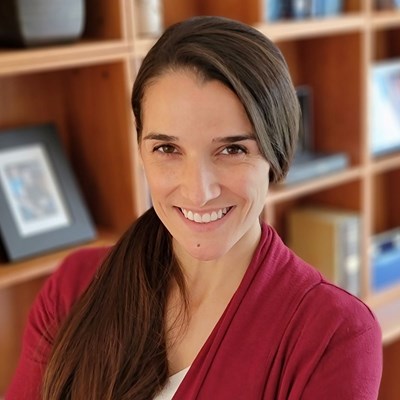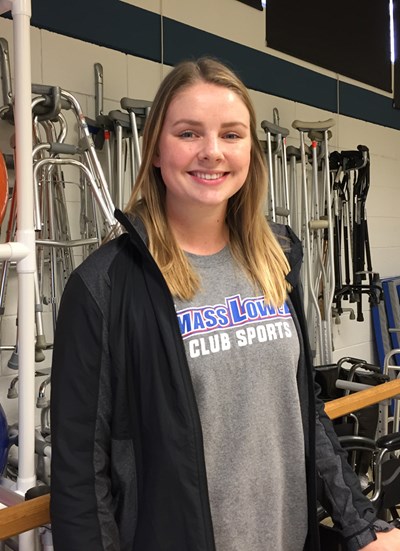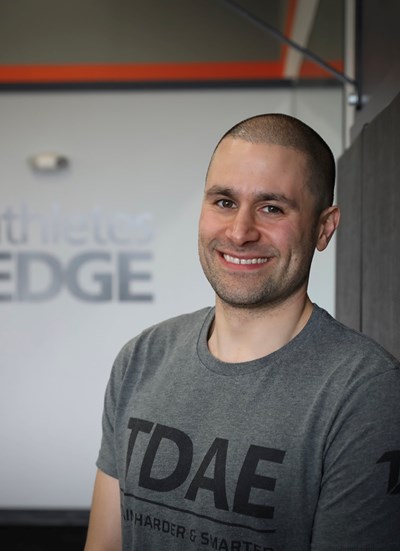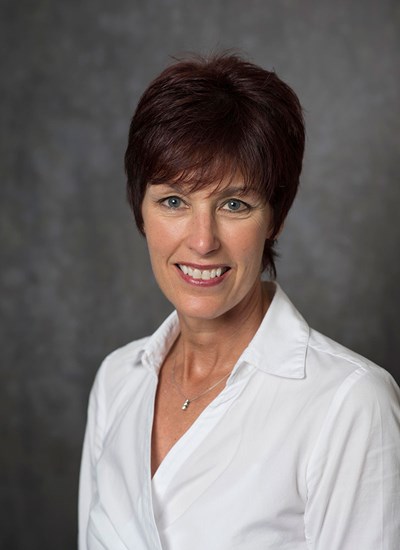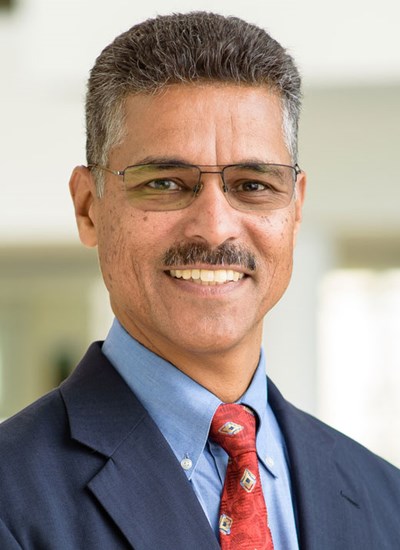Become a Leader in the Growing Field of Physical Therapy
Learn to diagnose and treat movement dysfunction to help people live healthier lives.
As the only Doctor of Physical Therapy (DPT) degree program offered at a public institution of higher education in Massachusetts, our UMass Lowell DPT program offers educational training excellence at half the cost of our private higher education peers. Embedded in UMass Lowell, a Carnegie Research 1 (R1) institution, recognized in 2024 as the #1 public university in Massachusetts and as a Carnegie Community Engagement Classified campus, our program offers small class sizes that facilitate close collaborations with faculty and students, excellent clinical education experiences, and faculty mentored research opportunities.
Our graduates are tomorrow's leaders in healthcare, who practice inter-professionally in hospitals, inpatient rehabilitation centers, outpatient and private practice clinics, schools, long-term care and skilled nursing facilities, community and home health agencies, corporate sites, sports medicine and performance clinics, and across branches of the U.S. Department of Defense and first responders. Many graduates work also in prevention and wellness services, clinical research, and healthcare leadership positions.








